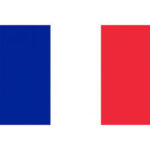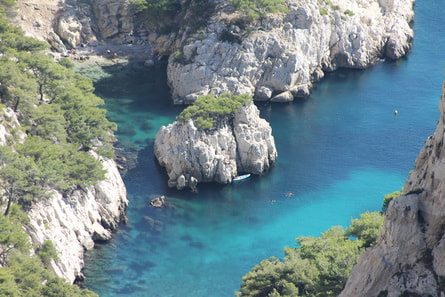Vorticité, Rotation et Symétrie (V) – Résultats Globaux et Phénomènes Nonlocaux
Organizing Committee
Raphaël Danchin (Université Paris-Est Créteil Val-de-Marne) Scientific Committee Sylvie Benzoni-Gavage (ENS Lyon) Vorticity, Rotation and Symmetry (V) – Global Results and Nonlocal Phenomena is the fifth edition of a series of previous international conferences entitled Vorticity, Rotation and Symmetry (I)-(IV) which took place at CIRM in Luminy in 2008, 2011,2014, and 2017, respectively. From the very beginning, these conferences focusing on various aspects of mathematical fluid dynamics have gathered organizers from three different countries : the Czech Republic, France and Germany, that have very strong schools on that topic. In just a few years, Vorticity, Rotation and Symmetry conferences became highly appreciated along with similar (older) conference series at e.g. Mathematisches Forschungsinstitut Oberwolfach (Germany) and Banach Center (Poland).
In contrast to the previous meetings, this workshop will mainly focus on “global results” in mathematical fluid mechanics and on the impact of genuinely “nonlocal terms”. By our idea, • global results will encompass the analysis of asymptotic decay of solutions in space and/or time and of the asymptotic structure, as well as the dynamical systems point of view. We also have in mind the issues of global-in-time regularity and non-uniqueness for the incompressible Navier-Stokes equations, that despite being still open questions, generated a number of exciting new results and approaches. The second main topic on • nonlocal phenomena in fluid mechanics goes far beyond the non-locality of the pressure function of the Stokes equations. As a matter of fact, it is inherent for several types of non-Newtonian fluids as well as active equations like the (surface) quasi-geostrophic equations acting e.g. as a scalar model for 2D/3D Navier-Stokes and for 3D Euler equations. Nonlocal effects are typical for many flow models due to fractional diffusivity or state equations based on Riesz operators. They are also naturally appear in mathematical biology when modeling flocking and aggregation. The conference will bring together 60 – 70 scientists from various branches of mathematical fluid dynamics all over the world, with focus on global and nonlocal phenomena. Young researchers will have a place of honor in the program. We are planning to publish conference proceedings in an international journal as we did for the last four conferences in this series. |
Discussion rooms will be available to registered conference participants via the link below. Your access code to the rooms is provided by the organizers.
This page is accessible with a password issued by CIRM.
Speakers
TTobias Barker (ENS Paris) |



